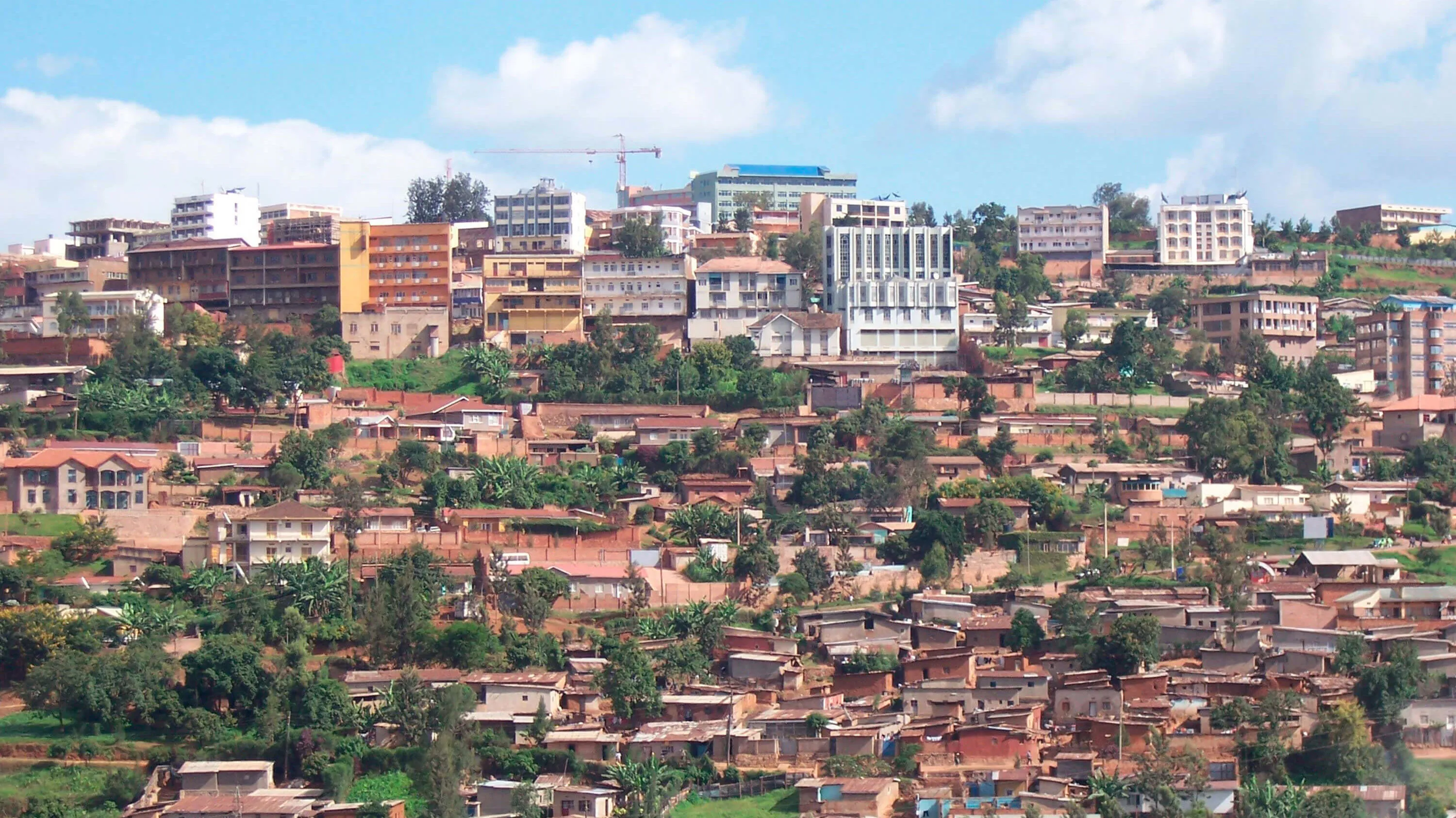Challenge
- Location information is needed to help support government transformation and national economic growth agendas in developing countries.
- Policy makers or users of location information not fully understanding the complexities of establishing a robust location information capability at national level.
- The rapid technological developments needed to meet growing customer demand in public, private and not-for-profit sectors.
- With RNRA, there was no clear strategy or capability for reviewing and updating mapping or for addressing current limitations such as scales, resolution, levels of detail, content and currency.
- Specific advice was needed on boundaries acceptance criteria for recording parcel information. This is particularly relevant in areas where there is rapid development and/or rising land prices, in line with principles established in the Fit-for-Purpose Land Administration approach.

Solution
OS’s information management experts took part in an in-country scoping study to establish a common understanding between the Government of Rwanda, RNRA and OS.
We authored a 64-page mission report detailing vision, strategy and a set of prioritised recommendations and options on how RNRA could move forwards, including:
- High-level delivery plan for the modernisation of national mapping Rwanda, to help RNRA fulfil its role as the official national mapping organisation.
- Estimating length of programme, cost and effort.
Result
- Access tocurrent data that will improve cross-government business process, transparency and wider governance issues across areas such as spatial planning, as well as inward and local investment and development in Rwanda.
- A clear mapping strategy and framework for geospatial data management means future needs can be identified and planned for.
- Ability for RNRA to develop a viable business and operations model, with potential funding models.
- Ultimately, the report helps RNRA move forward in its vision to be at the forefront of sustainable development, economic growth and prosperity of Rwanda through an efficient, transparent and equitable system of land management and land administration.
"We hope to learn from OS’s experience of developing and implementing a national location strategy to inform our own approach to strengthening surveying expertise in Rwanda."